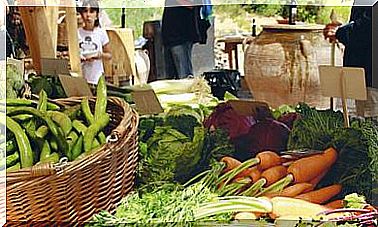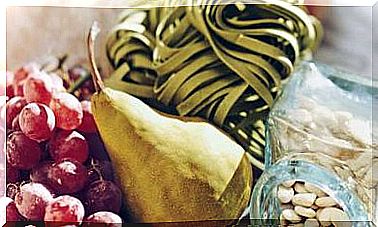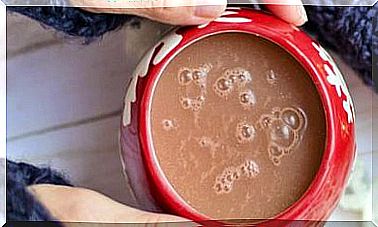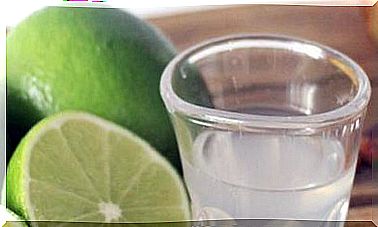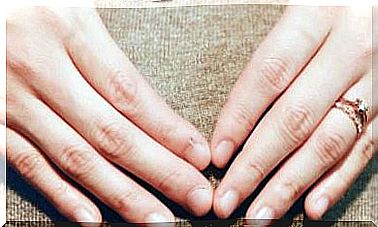How To Avoid Inflammation That Could Harm COVID-19
Certain environmental factors can promote inflammation, which is suspected to be related to a worse prognosis in the case of COVID-19. Some habits and plants can help reduce chronic inflammation.

The inflammatory process has made the news in recent months because the majority of deaths from COVID-19 are related to an “inflammatory cytokine storm”, in which what kills is not the virus, but the patient’s reaction to it .
- Avoid what inflames. The highest mortality from COVID-19 occurs in people with previous illnesses, which is to say with previous inflammations. There is also the influence of inflammatory factors such as environmental pollution, the consumption of ultra-processed foods or an unnatural lifestyle. These relationships still need to be verified, but certain pro-inflammatory attitudes and behaviors should be avoided.
- Health plan. Healthy habits are capable of reducing the underlying inflammation that may exist in the body and thanks to them we can avoid a good number of diseases.
4 lifestyle habits against inflammation
Some habits help keep chronic low-grade inflammation from developing. Cultivate them, to take care of your basic health and protect yourself against COVID-19.
1. Keep the body in shape
Exercising regularly, if it can be outdoors, acts as a shield against inflammation.
- The minimum recommended goal is 30 minutes of aerobic exercise 5 days a week.
- Practice activities such as running, swimming, cycling, or walking as fast as possible with moderate intensity.
- Alternatively you can do weekly sessions of 75 minutes of intense exercise.
2. Try to be at the right weight
Obesity can be interpreted as a marker of inflammation, especially if it affects the abdominal area. Abdominal fat tissue produces inflammatory-type compounds.
- Modify your diet and your exercise, activity and rest routines.
- Do not neglect the emotional factors that may be promoting incorrect eating habits.
- In case of obesity, reducing weight by 10% helps reduce inflammation.
3. It is advisable to rest a lot
During sleep, processes of tissue self-repair, immune defense and hormonal balance are set in motion.
- Sleep 7 hours minimum. People who sleep less than seven hours are more likely to have elevated inflammation markers and health problems such as obesity or diabetes.
4. Take away stress
It can be emotional, mental, or physical. An occasional stress is part of the normal, but we have to avoid that it is maintained over time so that it does not promote inflammation and harm health.
- Develop the ability to manage stress. You can, for example, learn to practice relaxation techniques, meditation, breathing exercises, yoga or Tai Chi.
- Organization of time and tasks is essential. Improve work planning, say no to what you cannot assume and reserve time for leisure, family and rest.
Plants to reduce inflammation
Plants can also be helpful against chronic inflammation. Before resorting to them, consult a specialist.
- Black currant. The currant leaves have, according to French herbal medicine, a stimulating action of internal corticosteroids, which regulates inflammation and the immune reaction. Fruit, on the other hand, is an excellent antioxidant food that is part of the anti-inflammatory diet.
- Turmeric. This spice native to India, with an intense orange color, which is part of many mixtures, such as curry, is one of the main anti-inflammatory natural resources. Its flavor is warm, slightly bitter and somewhat aromatic. It is recommended to give energy, improve digestive disorders, relieve the pain of osteoarthritis and eczema. Encapsulated preparations are more potent, although a diet that regularly includes it as a spice is also effective.
Combine it with black pepper and a little oil to multiply its action.
- Devil’s Claw. It is also known as “devil’s claw”. It is a root from South Africa that shows a remarkable anti-inflammatory action thanks to its harpagoside content. It does not cause the irritating effects on the stomach of synthetic anti-inflammatories, although its potency is lower. It is, without a doubt, the most studied plant for its anti-inflammatory action.
- Arnica. Arnica tincture is used exclusively externally, since the plant has some internal toxicity, but it is a medicine traditionally used in bumps, bruises and joint pain.

